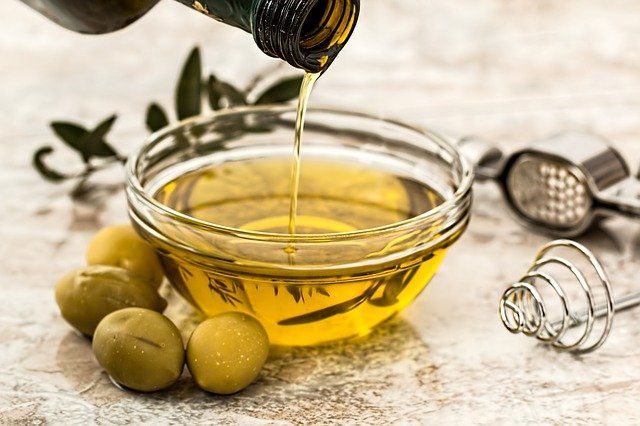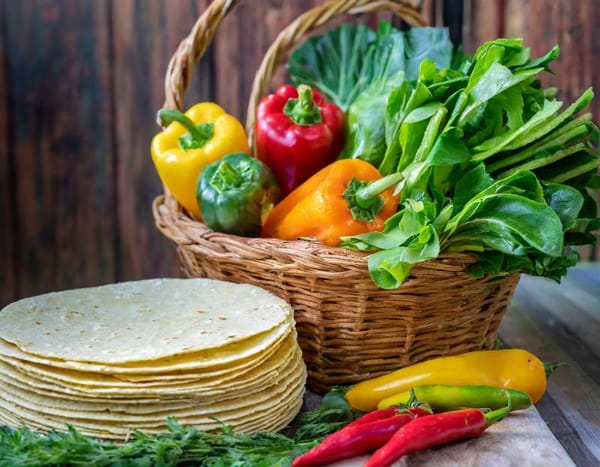Organic products: Mexico regulation updated
Quality standards are defined for organic products, which were necessary for production systems such as Melipona honey.

Mexico updated the guidelines for the organic operation of agricultural activities created in 2013 to regulate production and facilitate exports of organic products to international markets. The Secretariat of Agriculture and Rural Development (Sader) said the amendment to these guidelines establishes standards that were missing in production systems such as honey and aquaculture production.
This will allow new people to be incorporated into organic production by obtaining certification under the Organic Products Law and wearing the National Distinction, which will expand the supply on the domestic market and boost annual growth in these sectors by up to 30 percent. Producers will be able to market their food in different markets with a single certification and, in addition to encouraging production, will promote the marketing of certified organic foods in more competitive markets and provide greater guarantees to consumers, the agency added.
Harmonization of organic products
With this modification Mexico advances in the harmonization of the Organic Products Law (LPO) with international regulations that will allow it to reach equivalence agreements with countries such as the United States, Canada, and the European Union. This will allow the free flow of Mexican organic products that have the national distinction to the most competitive markets in the world.
This updating of the regulatory framework will benefit 47 thousand Mexican organic producers, mainly small and medium-sized ones. In Mexico, there are several systems of organic agricultural production, among which are agriculture, livestock, and beekeeping, which have a defined standard and technology that requires updates.
With this, Mexico joins countries such as Argentina and Ecuador that are distinguished as the first three countries of the Inter-American Commission on Organic Agriculture (CIAO) to have regulations for organic aquaculture. Due to the international demand for organic products and the added value they bring to the consumer, currently, 80 percent of Mexico's production is exported to the United States, Canada, and the European Union.
7 out of 10 Mexicans opt for organic products
71 percent of Mexicans look for products and packaging that are reduced, reused, or recycled as much as possible, while another 45 percent buying from companies that have a clear and committed environmental policy. According to the study Trends: Mexican Consumer, Shopper and Retail, from Kantar, Mexican consumers are more aware of the impact of their purchasing actions and, therefore, make purchases with a sense of responsibility, that is, they consume products that do not damage the environment, by 69 percent against 47 percent of the global average.
The tendency is to question consumption and look for ways to reduce the environmental footprint. In addition, 59 percent of buyers take "small actions", that is, they seek to economize to use fewer resources as part of their daily routine and 45 percent buy from companies that have a committed policy. In an interview for La Razón, Vicente Cortina, a brand leader at FARO, younger consumers want to consume only for the environment and Mexico is walking in the right direction, since a 5 percent corporate budget is associated with social responsibility and actions in favor of the environment.
For Vicente, being sustainable is profitable, because social responsibility adds up to zero economically for companies, but in the long term, they slightly increase the preference on the part of consumers. Oliver Pacht, Managing Director of Kantar Consulting Division, says that millennials and centennials are the most involved in modifying consumer habits, so retail purchases, or retail, become more relevant than mass retailing ) as new consumer profiles demand that companies "understand them as individuals".
The National Association of Supermarkets and Department Stores of Mexico (ANTAD) reported that its January sales grew 2.5 percent year on year in nominal terms, and reinforced the projection that by the end of this year could fall slightly in the middle of a weakened domestic market. It reported that the largest retailer in the country, Wal-Mart de Mexico, was leaving the organization due to a rethinking of its business strategy, so the monthly commercial report of ANTAD did not include the figures of the chain for the first month of 2019
For the second month of the year, the associated companies accumulated sales for 190 thousand 800 million pesos and in stores with less than a year in operation or total stores, sales increased 7.8 percent at an annual rate, details the association it's a statement.
According to Kantar, among the challenges of retailers is now to achieve a competitive advantage, which begins by ensuring an understanding of how business strategies should adapt to current trends. Similarly, the trends that are being generated in the world of retail companies and their bets to reinvent channels and formats of points of sale, which are directed towards online purchases.
Data from the Mexican Association of Online Sales (AMVO) detail that in the country the growth of delivery services to counter-delivery has been detonated thanks to companies such as Rappi and Ubereats, Walmart, or convenience stores, although food deliveries place as the second favorite service of Mexicans. According to the study on online sales in Mexico, 68 percent of respondents request food online at home.
In terms of physical stores, ANTAD forecast that by 2019 total sales in real terms will grow 2.2 percent, but sales of stores with more than one year in operation will fall by 1 percent. According to Kantar, companies are annually aligning their business model with consumer demands, where 60 percent prefer to buy products with a positive impact on the social and environmental environment.
Every year, the firms obtain the ESR certification, which is granted by the Mexican Center for Philanthropy (Cemefi), which is focused on leaving a positive impact on the environment, which is why it is necessary to implement alternative energies, the use of raw materials and waste management during and after production, without neglecting industrial and domestic recycling.




